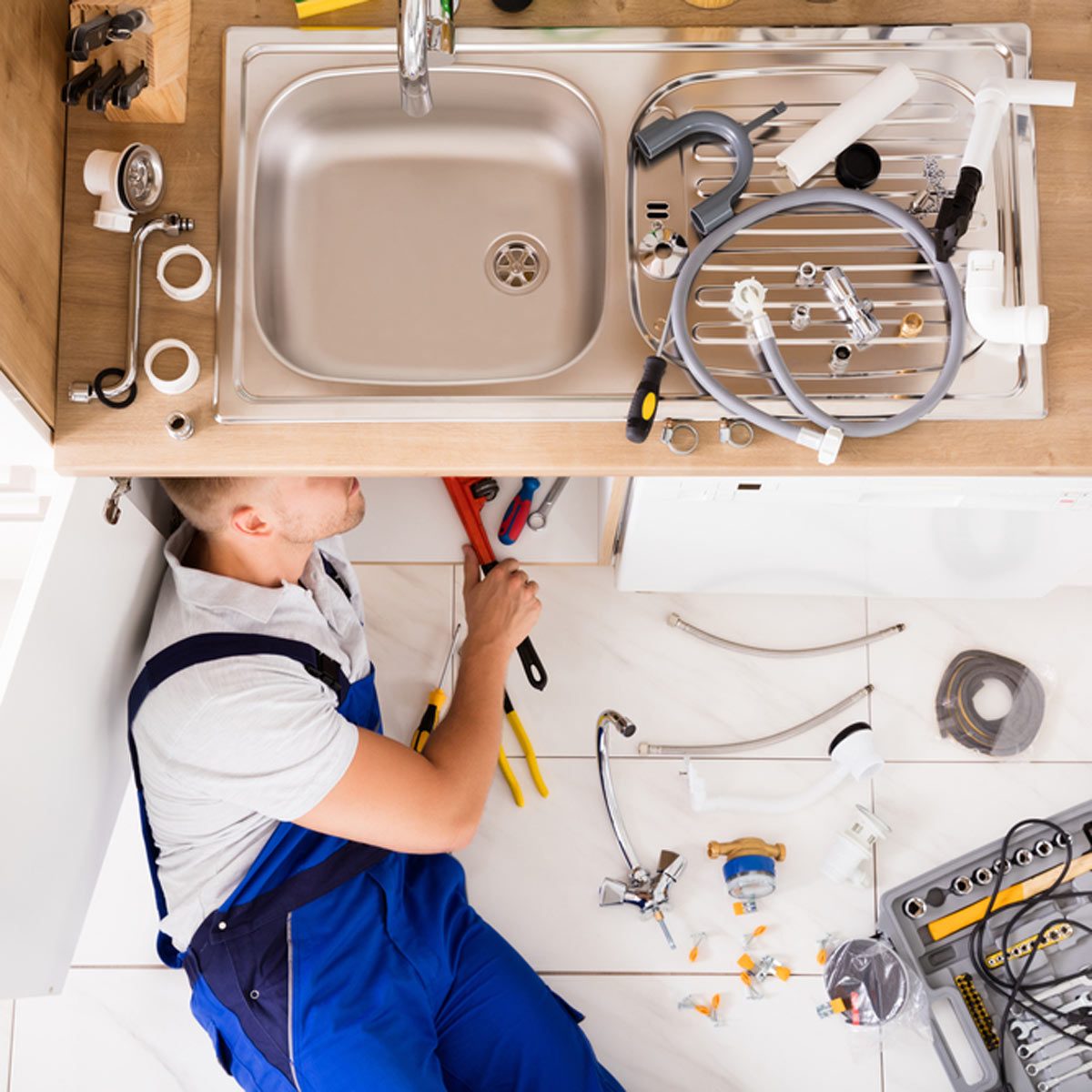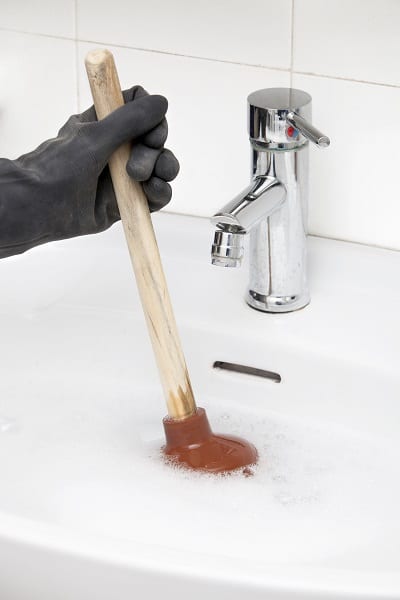Ingenious Winterizing Solutions: Five Techniques to Defend Against Pipe Bursts
Call TodayThe author is making several great points on How to stop pipes from freezing during the winter overall in the article beneath.

All property owners who live in temperate climates need to do their finest to winterize their pipelines. Failing to do so can spell disaster like frozen, cracked, or burst pipelines.
Attempt a Hair Dryer or Warm Gun
When your pipes are practically freezing, your dependable hair clothes dryer or heat weapon is a blessing. If the warm towels do not assist dislodge any working out ice in your pipelines, bowling warm air directly into them may assist. You may finish up destructive your pipelines while attempting to melt the ice.
Open Up Cupboard Doors Hiding Plumbing
It would be useful to open cupboard doors that are camouflaging your pipelines when it's cool outside. They could be somewhere in your cooking area or shower room. This will enable the cozy air from your heating system to distribute there. Because of this, you avoid these subjected pipes from cold. Doing this small technique can maintain your pipes warm and restrict the potentially dangerous outcomes of freezing temperature levels.
Require Time to Wrap Exposed Pipes
One easy as well as nifty hack to heat up frigid pipes is to cover them with warm towels. You can cover them initially with towels. After securing them in place, you can put boiling water on the towels. Do it slowly to allow the towels soak up the liquid. You can additionally use pre-soaked towels in hot water, just do not neglect to wear protective gloves to secure your hands from the warmth.
Switch on the Faucets
When the temperature drops as well as it seems as if the frigid temperature will certainly last, it will certainly aid to turn on your water both inside your home and outdoors. This will keep the water flowing through your plumbing systems. Furthermore, the activity will certainly reduce the cold procedure. Significantly, there's no need to turn it on full blast. You'll wind up losing gallons of water by doing this. Rather, go for about 5 declines per minute.
When Pipes are Frozen, close Off Water
Switch off the main water valve promptly if you observe that your pipelines are completely frozen or practically nearing that stage. You will normally discover this in your basement or laundry room near the heater or the front wall closest to the street. Transform it off right now to avoid further damage.
With even more water, even more ice will pile up, which will at some point lead to rupture pipelines. If you are uncertain about the state of your pipelines this winter, it is best to call an expert plumber for an evaluation.
All house owners who live in temperate environments have to do their finest to winterize their pipes. Failure to do so can spell catastrophe like icy, split, or burst pipelines. If the hot towels do not help displace any type of clearing up ice in your pipelines, bowling hot air directly right into them may assist. Turn off the primary water shutoff immediately if you observe that your pipelines are totally frozen or nearly nearing that phase. With more water, even more ice will certainly pile up, which will at some point lead to burst pipelines.
PREVENT YOUR PIPES FROM FREEZING THIS WINTER
A Leading Cause of Property Damage
When the weather is taking a deep nose dive into the cold dreary days, the risk of your pipes freezing and potentially bursting skyrockets. Unfortunately, during these cold dreary months, burst pipes are the most common denominator for property damage. The pipes that are most at the risk are those that are in areas where it is most cold in your home. For instance, pipes located in interior places such as basements, attics, and your garage. Unfortunately, that doesn’t mean that the pipes running through your cabinets or exterior walls can’t freeze. Good news, however, is that you can do things to help prevent pipes from freezing.
How to Prevent Pipes From Freezing
Once the temperature starts to drop during the winter, you should be taking the proper measures needed to ensure that your pipes stay warm and that there is circulation of water through them. Some steps that experts may recommend could go against your better judgement when it comes to saving water and heat. However, it would go without saying that when expenses are compared, damaged pipes could put a bigger dent in your wallet than a water bill.
What Can I Do?
Keep your garage door closed. This is very important, especially if you have water supply lines running through your garage. Open your kitchen and bathroom cabinets to allow warm air to circulate through them. Allow air circulation throughout your home. Keeping the interior doors open will once again allow the warm air to circulate inside your home. Ensure your thermostat is running the same temperature throughout the night and day. If you plan to be away from home during the cold months, set your temperature no lower than 55° F. This should provide enough heat to keep the pipes warm and prevent any remaining water inside the pipes from freezing. For more of a long-term solution, add insulation to attics, basement, and other crawl spaces around your home. By allowing your faucet to drip, it will alleviate pressure in the system. This is important because the pressure that is created between the blockage and the faucet can potentially cause the pipes to burst. Allowing the faucet to drip will prevent the pressure from building up, therefore keeping the pipes from bursting. Seal any cracks, openings, and crawl spaces around your home to prevent cold air from coming inside. This keeps your pipes-not to mention your home-warmer and less susceptible to issues caused by freezing temperatures. For the pipes in your home that are easily accessible, applying electrical tape to them might prevent them from freezing over. This is a quick fix, as you can apply the tape directly to the pipe. There are two options for heating tapes. One turns on and off by itself when it senses heat is needed. The other type of heating tape needs to be applied when heat is needed and removed when not necessary. If you have exposed pipes in your home, you can check this website to take a look at a few options that would be available at a shop near you.

As a serious person who reads about How to stop pipes from freezing during the winter, I figured sharing that piece of content was essential. Are you aware of someone else who is interested by the topic? Be sure promote it. We appreciate reading our article about Prevent Freezing and Bursting Pipes.
Always here, call!